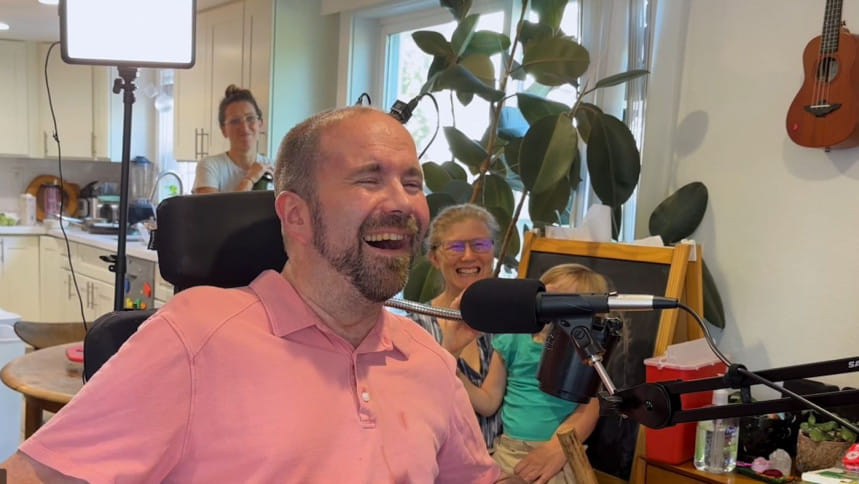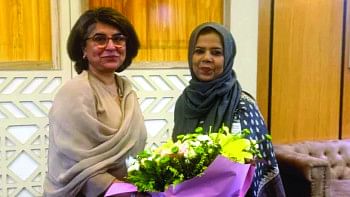ASL patient can speak again thanks to brain implant

A patient diagnosed with amyotrophic lateral sclerosis (ALS), a neurological disease that affects motor neutrons, was able to speak again thanks to a text-to-speech brain implant made by Blackrock Neurotech, a US-based neurotech firm, as per new research findings.
The studies were recently published in the New England Journal of Medicine. They provide "compelling new evidence of rapid progress in clinically viable, practical applications" of such devices for re-establishing communication after paralysis, Dr Edward Chang, a neurosurgeon at the University of California, San Francisco, who was not involved in the work, wrote in an editorial accompanying the studies.
How it worked
The patient, Casey Harrell, is a 45-year-old man who had severe difficulty speaking and could be understood only by his care partner, with whom he communicated at an average rate of about seven words per minute, the researchers said. The rate of conversational English is approximately 160 words per minute.
The researchers implanted four microelectrode arrays manufactured by Blackrock Neurotech that recorded neural activity in areas of the brain associated with language and speech, using 256 intracortical electrodes - many more than had been targeted in earlier studies.
The decoder software could learn rare words and could be trained rapidly and recalibrated online, which has also not been shown previously, according to Chang.
By the second day of use, Casey was communicating using a 125,000-word vocabulary, according to the study. Decoded words were displayed on a screen and then vocalised with the use of text-to-speech software designed to sound like his pre-ALS voice.
Transcripts reveal that in a conversation with researchers, Casey, "I was just giving you a hard time to lighten the mood. ... Please indulge my attempts at humour because I really miss making jokes."
"I have absolutely loved talking to my friends and family again," Casey said, according to the transcripts. "When my symptoms started, my daughter was only 2 months old, and now she is 5, and she doesn't remember what I sounded like before this disease took away my ability to talk normally, and she was a little shy at first but now is super proud that her father is a robot."
Within 16 cumulative hours of use, the neuroprosthesis allowed a speech rate of 32 words per minute and incorrectly identified only 2.5% of attempted words, the researchers said.
By contrast, smartphone dictation apps have an approximate 5% word error rate, and able-bodied speakers have a 1-2% word error rate when reading a paragraph aloud, they added.

 For all latest news, follow The Daily Star's Google News channel.
For all latest news, follow The Daily Star's Google News channel. 



Comments